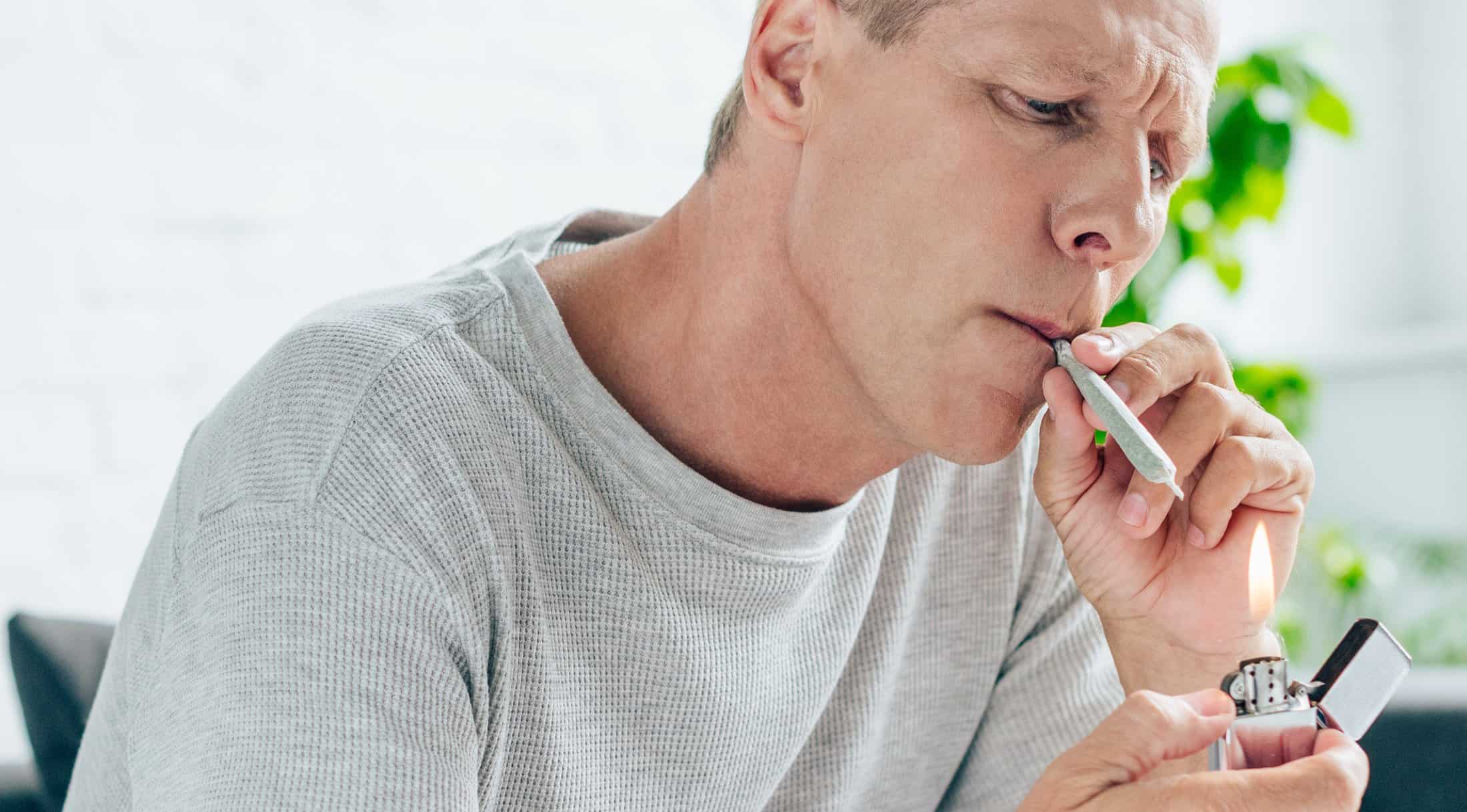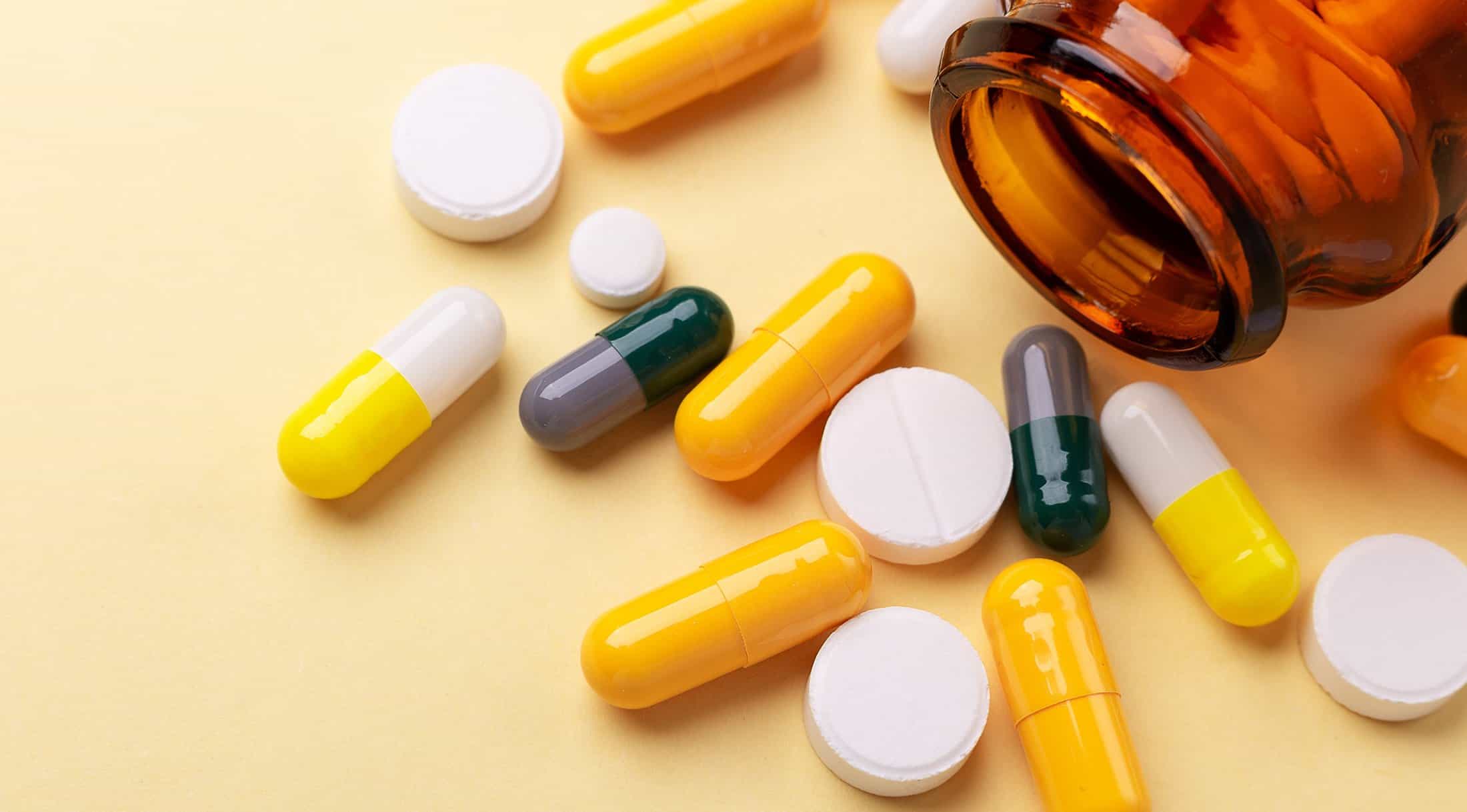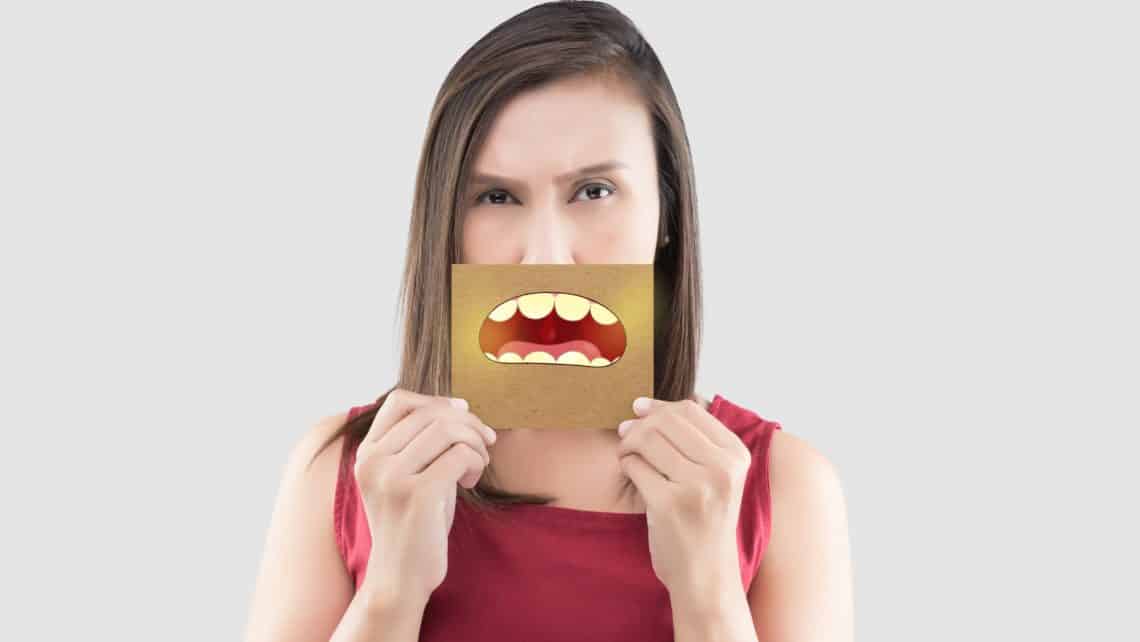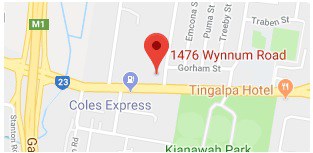Do you look in the mirror and wonder why your teeth are yellow? You brush and floss everyday and yet your teeth look faded and yellow. Teeth whitening is a major industry catering to people insecure about their discoloured teeth. Luckily, yellow teeth are not a sign of a serious medical condition and if you know the reasons, there are good chances of avoiding or limiting your exposure to the causes.
It is therefore quite important to understand the causes why your teeth are yellow, because there could be intrinsic reasons which would require you to consult a dentist. However, most of the causes given below could be avoided.
Diet
Many foods and drinks can cause discolouration of teeth. Foods that are high in tannins, such as red wine, are potential causes of yellow teeth. Some of the most common causes of tooth discoloration include drinking beverages such as coffee, soda, and wine. Some foods can stick to the teeth and promote the growth of bacteria which can lead to yellowing such as sugary or high starch foods.
Smoking
Smoking is one of the top causes of yellow teeth, and stains from tobacco can be tough to remove. stubborn. Tar and nicotine both contain agents that stain the teeth which continues to discolour darker the longer you continue to smoke. Smoking can also cause damage to the gums and salivary glands that can in turn cause damage to the teeth leading to more discolouration. Quitting smoking with a complete oral care routine can improve yellow teeth and limit further discolouration.

Poor Oral Hygiene
Poor oral hygiene is one of the main causes of yellow teeth. Plaque that occurs due to poor oral hygiene can harden to become tartar which is yellow. The bacteria which cause plaque and tartar can damage the enamel through acidic reactions which causes it to thin down showing yellow dentin. Poor oral hygiene can also lead to gun diseases like gingivitis and periodontitis, both of which can lead to serious tooth damage and discolouration.
Genetics
If many of your family members have yellow teeth, the chances are that genetics could play a role in the cause. A genetic predisposition towards having thinner than normal enamel on your teeth, the colour of the dentin, which is yellow can show through giving your teeth a yellowish colour.
Ageing
Ageing can cause the enamel on your teeth to thin allowing the yellow dentin to show through. Existing stains can also darken over time making yellowing more pronounced the older you get. Over time, the pulp can calcify, making the tooth appear opaquer and more discoloured, this can happen more quickly if the teeth have been subject to trauma.
Medication
It is known that certain antibiotics like tetracycline or doxycycline can cause a permanent line or banding of teeth in foetuses when taken by pregnant women. These antibiotics can cause yellowing when taken by children under 8. Some medicines like antipsychotic drugs, antihistamines, blood pressure drugs and drugs used in chemotherapy can potentially stain adult teeth.

Trauma/Damage
In certain cases, yellowing or discolouration is caused by factors that are not external. These are called intrinsic factors such as trauma caused by a fall or shock which can cause teeth to discolour. While trauma in children can lead to yellowish stains, it is more pronounced in adults which can potentially turn the teeth brown or black.
Fluoride
While a small amount of fluoride can be good for your teeth, yellowing can be caused by excessive fluoride, especially in children. This is a common cause because children swallow a great deal of fluoride toothpaste or take fluoride supplements.
Old Dental Fillings
Some dental materials, especially older amalgam (containing silver-sulphide) can cause staining of the teeth, though this staining is usually greyish rather than yellow.
If you are not happy with yellow teeth, you have many choices of whitening products. Check our teeth whitening methods here.
Do you want to talk to us about your teeth?
Book a consultation by calling our friendly team on 3390 6100 or by emailing us. Or click here to book your appointment online.












Leave a Comment